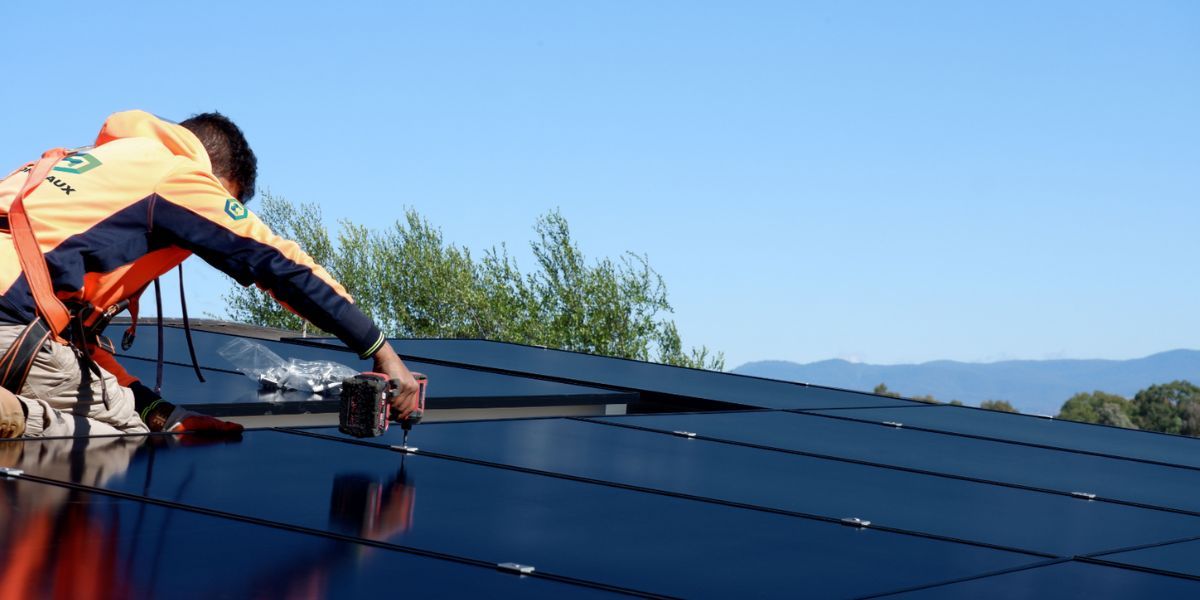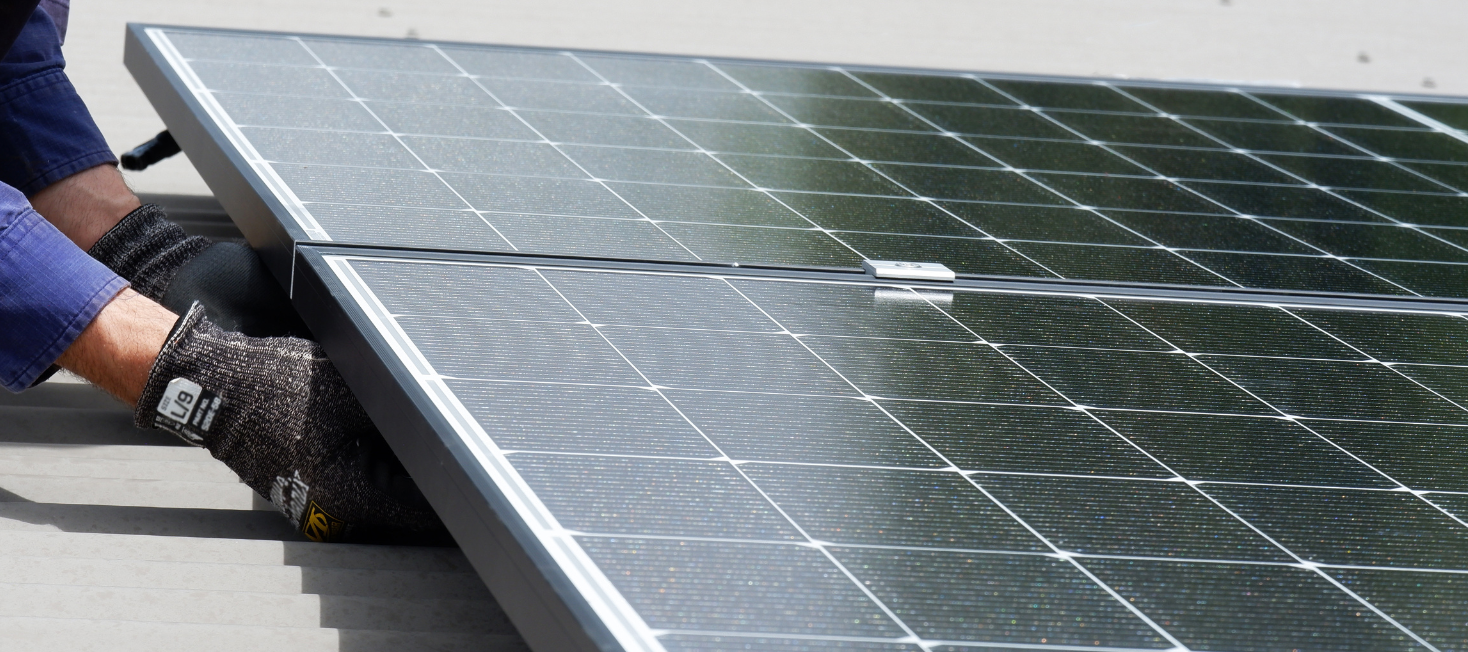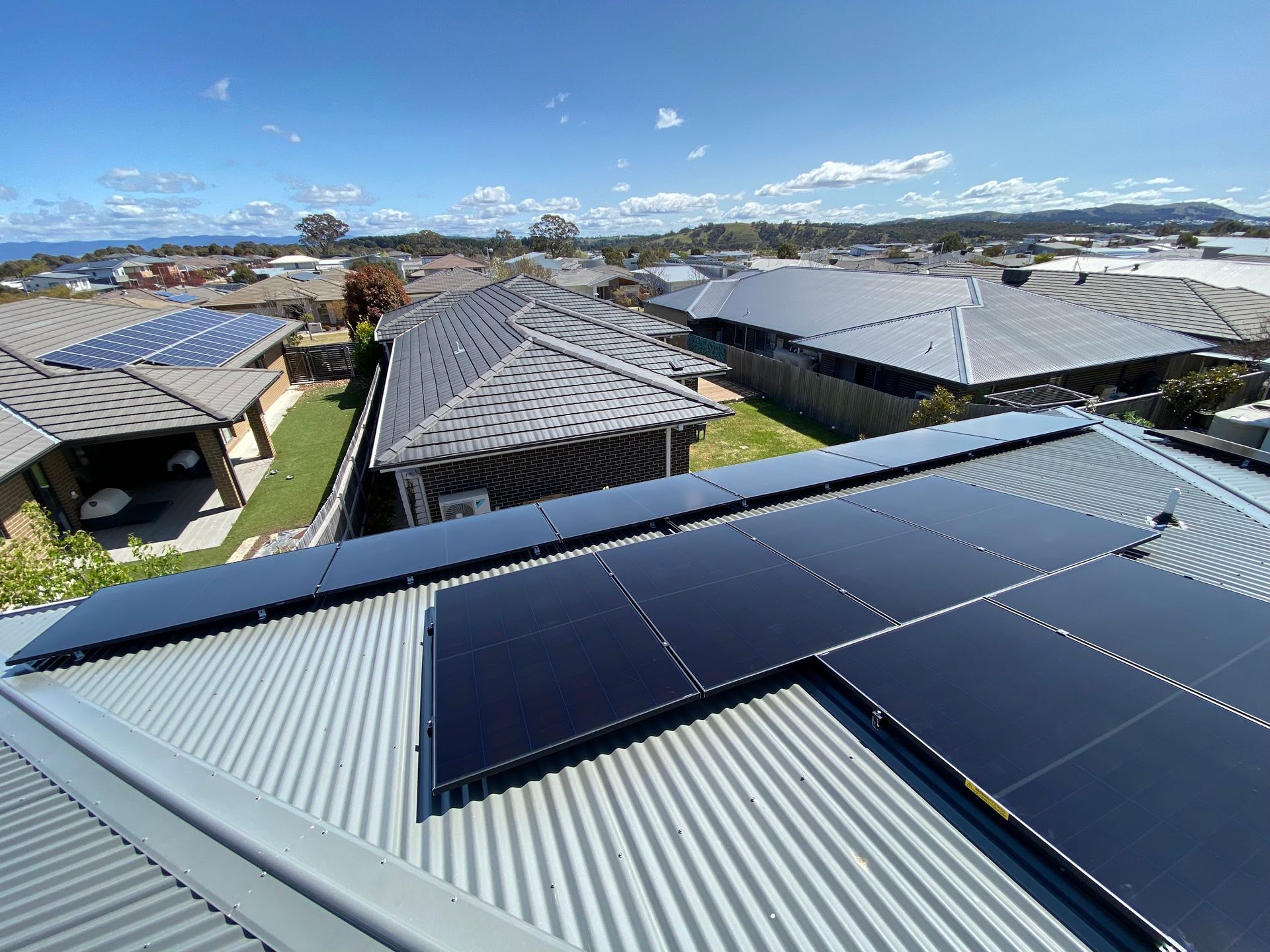Overview of Tax Benefits and Government Support for Solar Systems in 2025
As climate change becomes an increasingly urgent global issue, transitioning to renewable energy has taken center stage for governments worldwide. In Australia, the solar energy sector continues to flourish, driven by robust government policies and incentives, particularly in the Australian Capital Territory (ACT) and New South Wales (NSW).
In 2025, various levels of government are implementing tax benefits, subsidies, interest-free loans, and other measures to make solar systems more accessible and affordable for homeowners and businesses. These initiatives not only help residents reduce electricity costs but also support Australia’s clean energy targets, foster technological innovation, and accelerate industry growth. This guide provides a comprehensive analysis of the key incentives for solar systems in ACT and NSW, highlighting their practical benefits for households and businesses while showing how to seize these opportunities to prepare for a sustainable future.
1. Federal Government Incentives
The Australian federal government continues to support solar adoption through programs such as the Small-scale Renewable Energy Scheme (SRES). The Small-scale Renewable Energy Scheme is an Australian Government initiative that encourages investment in small-scale renewable energy. It provides incentives to households and businesses to install small-scale renewable energy systems like rooftop solar, solar water heaters and air sourced heat pumps. By installing an eligible renewable energy system you can lower your energy bills, reduce your carbon footprint and earn financial incentives.
Key features include:
Homeowners and businesses installing eligible solar panels can earn STCs based on the system's size and location. These certificates can be sold to offset installation costs. At Mondiaux, we simplify claiming Small-scale Technology Certificates (STCs) by offering our customers the chance to benefit from previous year's STC rates, ensuring maximum savings and enhanced value from their solar installations.
- Tax Deductions for Businesses:
Under the Instant Asset Write-Off Scheme or other small business tax concessions, companies can claim deductions for the full cost of solar installations within the financial year.
2. ACT Government Support
The ACT government has been a leader in renewable energy initiatives. In 2025, residents can benefit from:
The Next Gen program has reached its target of 5,000 batteries in Canberra homes and businesses. Provides rebates for battery storage systems when paired with solar panels, helping homes store excess energy for later use. Eligible households and businesses can receive up to $3,500 AUD in rebates per kilowatt-hour of battery capacity
- No-interest Loans for Solar Installations:
Through the ACT Government's Sustainable Household Scheme, residents can access zero-interest loans for solar and battery system installations. Loans typically range from $2,000 to $15,000 AUD.
- Feed-in Tariffs (FiTs):
Solar owners can earn money by exporting surplus electricity back to the grid. While legacy premium FiTs are closed, new systems can still benefit from market-competitive rates.
3. NSW Government Support
The NSW government also offers programs to make solar systems more affordable and accessible:
- Empowering Homes Program:
Provides interest-free loans for solar battery systems to help households purchase solar battery storage systems. Eligible households can receive up to $14,000 AUD for a solar-battery system or up to $9,000 AUD for a battery system. This program significantly reduces upfront costs, enabling households to achieve clean energy self-sufficiency.
- Solar for Low-income Households:
Eligible low-income families can receive free solar systems, reducing electricity bills. Participating households can save up to $600 AUD annually on energy costs.
- Business Support Programs:
NSW government provides financial rebates to small and medium businesses to offset solar installation costs. It offers rewards or discounts for energy efficiency upgrades, including solar installations. Helps businesses reduce operational costs and optimise energy usage.
4. Tax Benefits for Solar Owners
- Depreciation of Solar Systems:
In Australia, solar systems depreciate over time as a capital asset. The Australian Tax Office (ATO) sets the period of time over which the cost of the asset can be written off.
- Diminishing Value Rate: 10%
- Prime Cost Rate: 5%
Generally, the effective life of a solar system is 20 years. Therefore, solar systems used in businesses are considered depreciable assets, allowing owners to claim depreciation over several years.
- GST and Income Tax Benefits for Solar:
Businesses registered for GST can claim input tax credits for solar purchases. Additionally, income generated through feed-in tariffs may be taxable, but deductions can offset this.
5. Long-term Financial Benefits
While government incentives reduce upfront costs, solar systems also provide long-term savings by lowering electricity bills and increasing property value. In ACT and NSW, the average household can save between $900 and $1,200 annually by switching to solar.
How to Access These Benefits:
- Check Eligibility: Ensure your property and system meet program requirements.
- Work with Accredited Installers: Use installers approved under the Clean Energy Council (CEC).
- Apply for Rebates or Loans: Submit applications through government portals or consult your installer for assistance.
2025 presents a unique and exciting opportunity to invest in solar energy systems in the ACT and NSW, thanks to generous government support and tax incentives. These programs not only help reduce the upfront costs of installation but also provide substantial long-term savings, making the transition to renewable energy both accessible and financially rewarding. By taking advantage of these initiatives, households and businesses can lower their energy bills, contribute to environmental sustainability, and increase property values.
At Mondiaux Solar, we are committed to delivering professional, efficient, and customised solar energy solutions to meet the diverse needs of our customers. In the new year, we will continue to leverage our expertise and deep understanding of government incentives to help our customers maximise the financial and environmental benefits of solar energy. From designing tailored systems to securing rebates and financing options, Mondiaux ensures that every step of the journey is seamless and optimised for your success. Get started now, contact us and embark on your solar journey!

Useful Links
Our Products
Our Services
We acknowledge the Ngunnawal people as traditional custodians of the ACT and recognise any other people or families with connection to the lands of the ACT and region. We acknowledge and respect their continuing culture and the contribution they make to the life of this city and this region.




